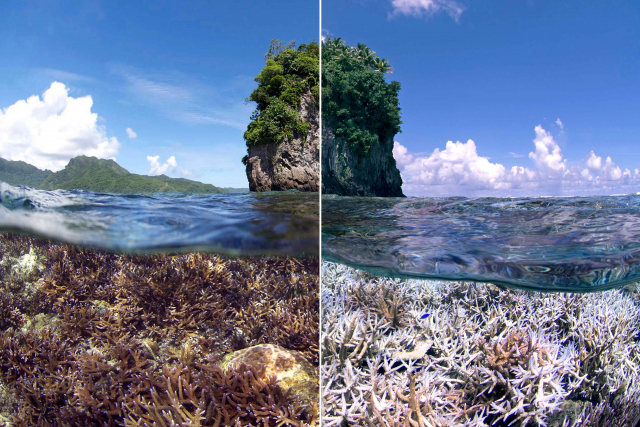06/09/2022 | Coral reefs are valuable marine habitats. Their great biodiversity is comparable to that of the tropical rainforest. According to estimates, they are home to around one million different creatures and are an important economic sector for many millions of people. But climate change is threatening these unique and fragile ecosystems.
Dr. Sebastian Ferse from the Leibniz Center for Tropical Marine Research (ZMT) in Bremen knows what can be done to save coral reefs. In his lecture "Coral Reefs in Transition - Impacts on Humans and Nature" on Saturday, September 24, at 11 a.m., he will talk about the diverse human-nature relationships in reefs.
The event will take place digitally via BigBlueButton video conferencing system. Registration is now open free of charge at www.hs-bremerhaven.de/klimaakademie.
Human-nature interactions are particularly close in coral reefs and the threats to these tropical coastal systems are manifold. Dr. Sebastian Ferse's research focuses on the effects of these changes on humans and the environment. In his lecture, he provides forecasts for the coming years and explains how reefs can still be saved.
The Climate Academy is an event of the project "Bremerhaven University of Applied Sciences for Future - The climate crisis and its consequences - understanding and acting". Once a month, experts come to speak on various topics of climate change and renewable energies. For more information on the project, visit www.hs-bremerhaven.de/hsbhv4future.





